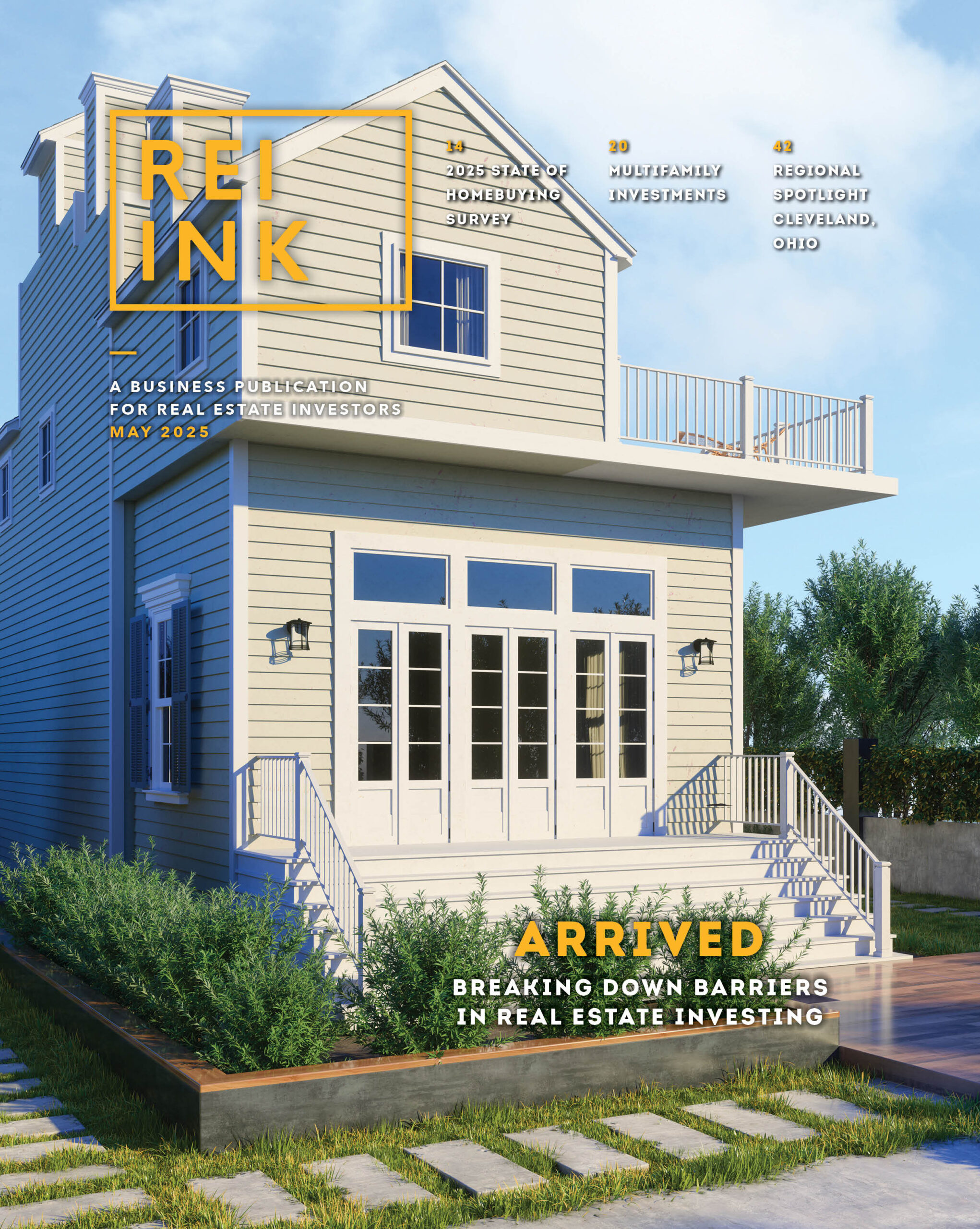Nation Faces 600,000 apartment deficit, 4.7 million fewer affordable apartments
Amidst demographic shifts and lingering pandemic-impacts on the population and broader economy, the U.S. faces a pressing need to build 4.3 million new apartments by 2035, according to a new study commissioned by the National Apartment Association (NAA) and the National Multifamily Housing Council (NMHC).
Based on research conducted by Hoyt Advisory Services and Eigen10 Advisors, LLC, commissioned by NAA and NMHC, the data include an estimate of the future demand for apartments in the United States, the 50 states and 50 metro areas, including the District of Columbia. For the purposes of this study, apartments are defined as rental apartments in buildings with five or more units. The data are available on the website www.WeAreApartments.org.
Key findings:
- Shortage of 600,000 apartment homes. The 4.3 million apartment homes needed includes an existing 600,000 apartment home deficit because of underbuilding due in large part to the 2008 financial crisis.
- Loss of affordable units. The number of affordable units (those with rents less than $1,000 per month) declined by 4.7 million from 2015 to 2020.
- Homeownership. Apartment demand also factors in a projected 3.8% increase in the homeownership rate.
- Immigration. Immigration is a significant driver of apartment demand, and levels tapered before the pandemic and have remained low. A reversal of this trend would significantly increase apartment demand.
- Texas, Florida and California. These three states account for 40% of future demand and will require 1.5 million new apartments by 2035.
“The U.S. has undergone tremendously difficult conditions that have fundamentally altered our nation’s demographics, but one thing remains certain – there is a need and demand for more rental housing,” said NAA President and CEO Bob Pinnegar. “Put simply, we do not have enough housing. The U.S. must build 3.7 million new apartments just to meet future demand, on top of a 600,000 unit deficit and loss of 4.7 million affordable apartment homes. It is time to reverse course after decades of underbuilding, and instead pursue responsible and sustainable policies that will not only meet this demand but address the missing middle and loss of affordable housing stock.”
“The lack of available housing is holding our country back. Whether it is a multifamily residence, duplex or single-family home, we need a massive supply of new for sale and rental homes – including millions of new apartments by 2035,” said NMHC President and CEO Doug Bibby. “Making sure everyone has access to quality, affordable housing is a bipartisan issue, and the industry stands ready to do its part to help create the 4.3 million new apartment homes our country needs.”
In conjunction with the study’s release, the website www.WeAreApartments.org breaks down the data by each state and 50 key metro areas. Visitors can also use the Apartment Community Estimator – or ACE – a tool that allows users to see the trends in their state or metro area to determine the potential economic impact locally.
For more information, visit www.WeAreApartments.org.
For more than 26 years, the National Apartment Association (NAA) and the National Multifamily Housing Council (NMHC) have partnered on behalf of America’s apartment industry. Drawing on the knowledge and policy expertise of staff in Washington, D.C., as well as the advocacy power of 141 NAA state and local affiliated associations, NAA and NMHC provide a single voice for developers, owners and operators of multifamily rental housing. One-third of all Americans rent their housing, and 40 million of them live in an apartment home.



















